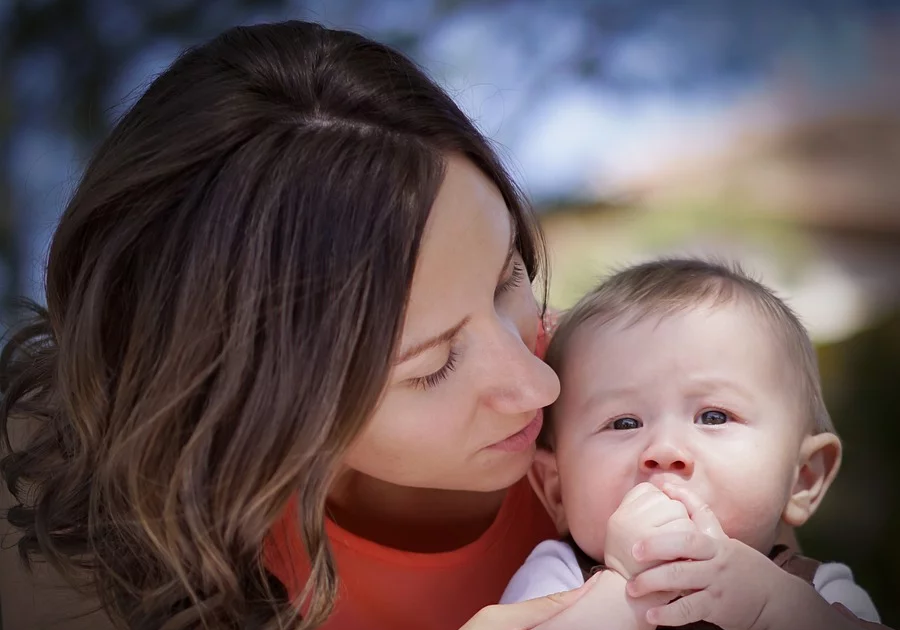Encouraging new research about the coronavirus suggests the risks for unborn babies and newborns are minimal. That’s good news because some mothers may feel pressure to have abortions because of the virus.
Though the research is very limited, a new study published Monday by Huazhong University of Science and Technology in China found that four women who had the virus when they gave birth did not pass it along to their babies, New Scientist reports.
One baby had mild breathing problems and two others had rashes, but none tested positive for the virus, the researchers found. They said the babies’ health problems may not have been related to their mothers contracting the virus, and they all recovered.
A second study of nine women with the coronavirus also found that none of the babies tested positive for the virus; however, two had fevers and six had shortness of breath, the report states. Again, it was unclear if the babies’ health problems were related to the virus.
The Centers for Disease Control cautions pregnant women that much is still unknown about the impact of the coronavirus. Thus far, “no infants born to mothers with COVID-19 have tested positive for the COVID-19 virus. In these cases, which are a small number, the virus was not found in samples of amniotic fluid or breastmilk,” according to the CDC.
Health authorities encourage pregnant mothers and families with newborns to wash their hands frequently, use hand sanitizer, avoid crowds and individuals who may be sick, and take other precautions to avoid the illness.
Follow LifeNews.com on Instagram for pro-life pictures and videos.
Here’s more from the report:
Other reports have been more reassuring, says Pat O’Brien, vice president of the Royal College of Obstetricians and Gynaecologists (RCOG) in the UK. A report covering 15 women who had had covid-19 during pregnancy found no evidence that the women had worse symptoms than women who weren’t pregnant. “In this report, the pregnant women achieved a good recovery without the use of antiviral drugs,” the authors write.
By the time that study was written, 11 of the women had given birth, and none of their babies had been born infected.
O’Brien said there is no evidence of an increased risk of miscarriage at this point. He said one possible positive effect could be that mothers infected with the corona virus before giving birth will develop antibodies that they may pass on to their unborn babies, protecting them from the illness.
Evidence, though limited, also indicates that women who breastfeed probably will not pass the virus to their babies through their milk, according to reports.
Still, doctors are being careful. David Baud at Lausanne University Hospital in Switzerland said any viral infection during pregnancy can increase the risks of miscarriage, stillbirth and birth defects. In China, pregnant mothers who test positive for the virus are being separated from their newborns for two weeks after giving birth to protect the babies from the illness, according to the report.








